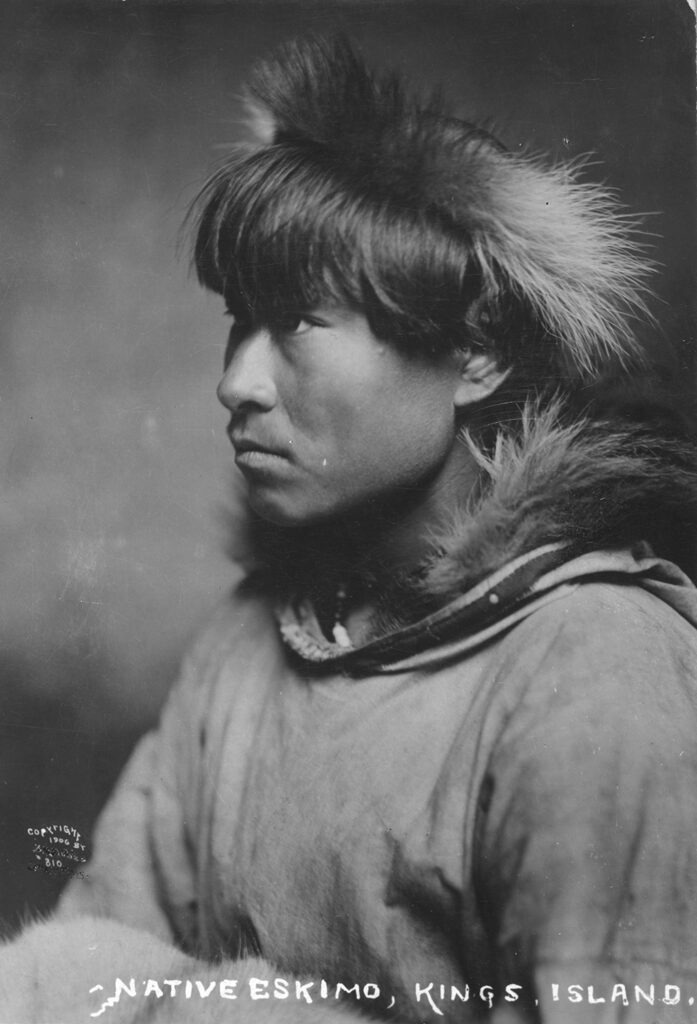
Alaska Natives: Ancestors Migrated into Area Thousands of Years Ago
Exploring the Rich History of Alaska Natives: Indigenous Peoples of the Arctic
Discover the rich heritage of Alaska Natives, their migration, complex cultures, and how they adapted to the Arctic’s challenges while interacting with Russian traders and missionaries.

Exploring the Rich History of Alaska Natives: Indigenous Peoples of the Arctic – The ancestors of Alaska Natives migrated into the region thousands of years ago, bringing with them a rich cultural tapestry that has evolved over time. These indigenous peoples established diverse and complex societies across the Arctic, adapting masterfully to its challenging environment. Their sophisticated ways of life are deeply rooted in the land and climate, showcasing their resilience and ingenuity.
Migration and Cultural Evolution
Historical evidence suggests that Alaska Natives arrived in at least two significant waves of migration, with a third wave settling exclusively in the northern regions of North America. Genetic studies reveal that these groups are distinct from Native Americans in South America, highlighting the diversity of indigenous populations across the continent.
The cultures of Alaska Natives were defined by their languages, which fall into several major language families. These groups developed sustainable practices and innovations to thrive in the Arctic, demonstrating their deep connection to the land and nature.
Interactions with Russians and Western Influence
The mid-eighteenth century marked a pivotal period for Alaska Natives as Russian traders arrived from Siberia, drawn by the high-quality furs. These interactions led to the establishment of trading posts and settlements, along with the influence of Russian Orthodox missionaries. The cultural exchange left a lasting legacy, as seen in the widespread practice of Russian Orthodoxy among Alaska Native communities today.
British and American traders joined the fray later in the nineteenth century, and missionaries became more active during the twentieth century. These interactions introduced new cultural and religious elements that blended with traditional practices, further enriching the heritage of Alaska Natives.
Preserving a Legacy
Today, Alaska Natives continue to celebrate and preserve their unique cultural heritage through language, art, and traditions. Their history serves as a testament to human resilience and adaptability, offering valuable insights into the interconnectedness of indigenous cultures and the natural world.
For more on Alaska Native history and their enduring legacy, visit Wikipedia.
References and Further Reading
- Alaska Natives | History | En.Wikipedia.Org | Ancestors of the Alaska Natives are known to have migrated into the area thousands of years ago, they established varying indigenous, complex cultures that have succeeded each other over time.





What might interest you is letting you know that Anicient Japan’s people believed similar to alaska Shaman. They also have a tale of The two brothers and sister that survived in the flood–Izanami and Izanagi.